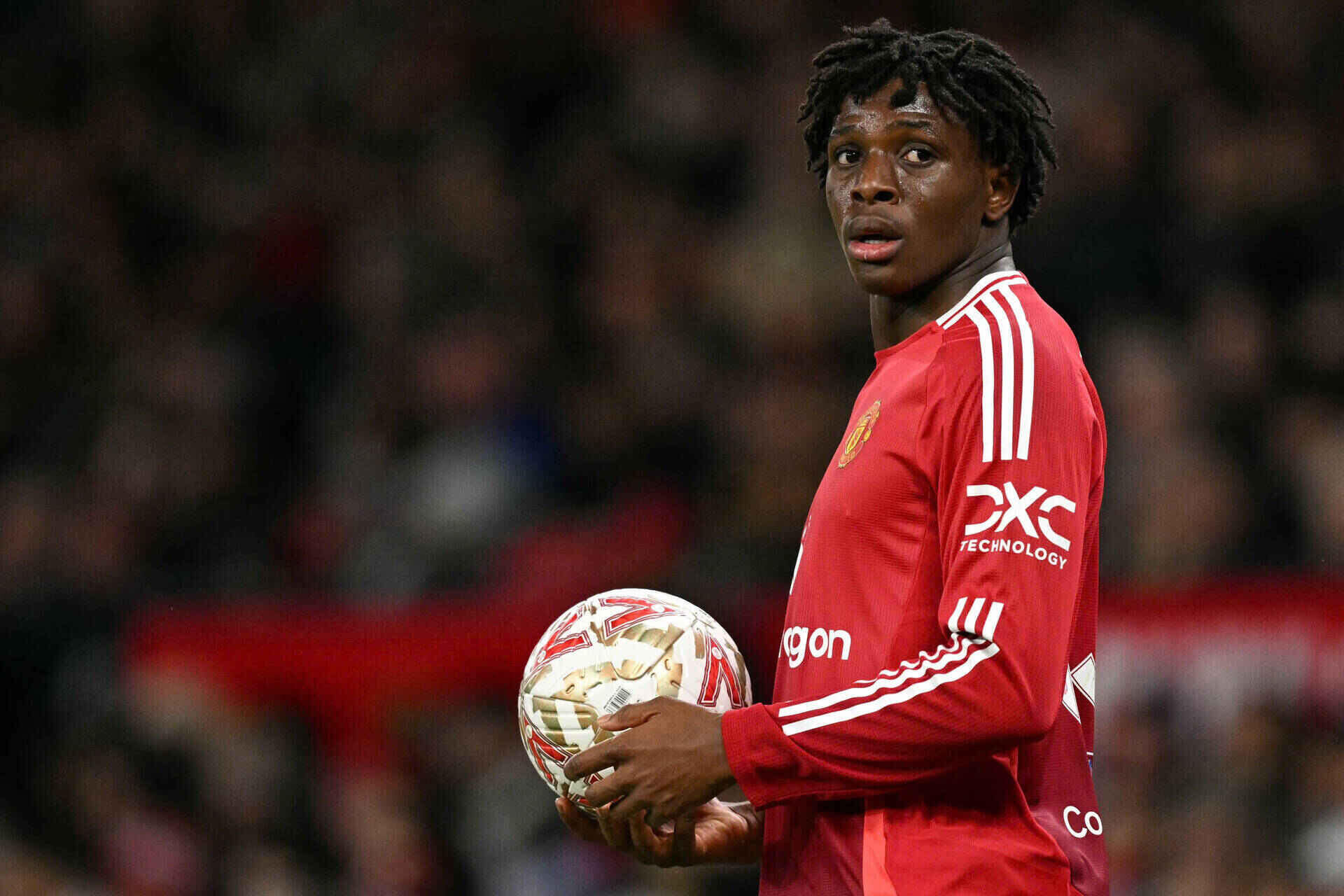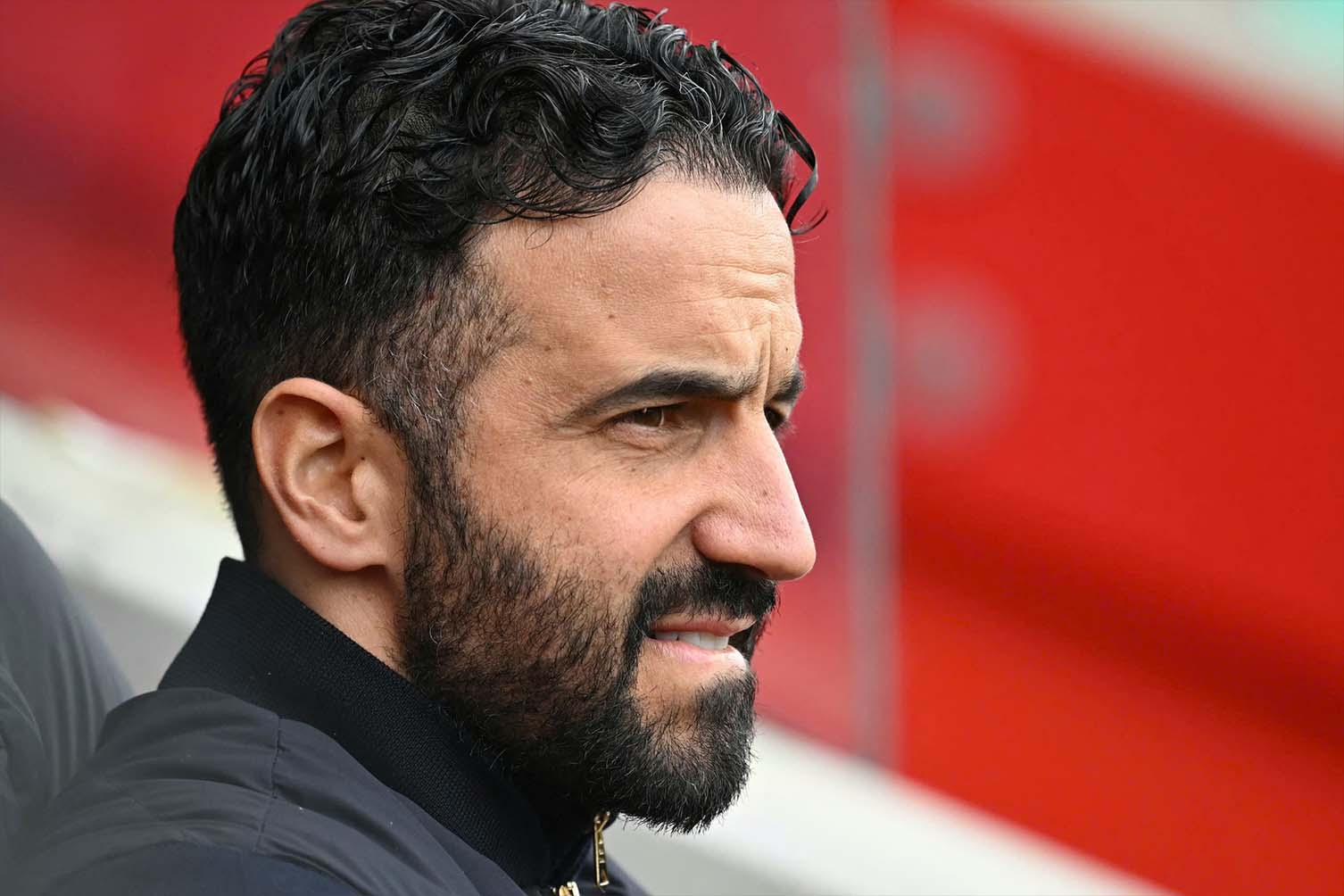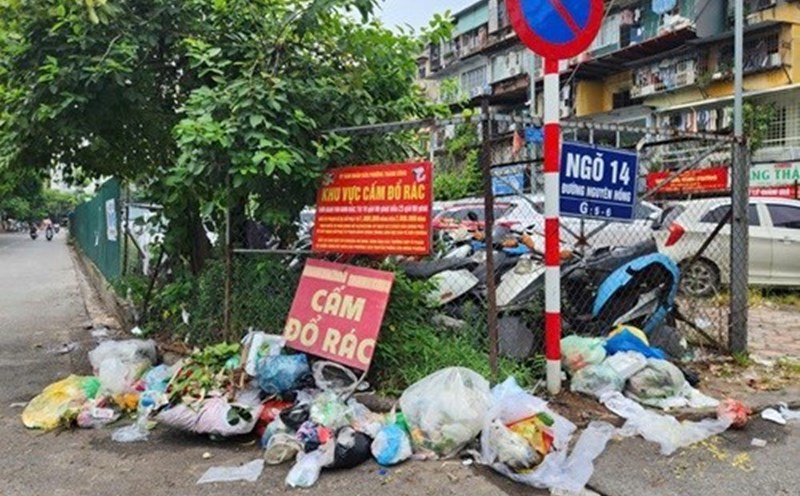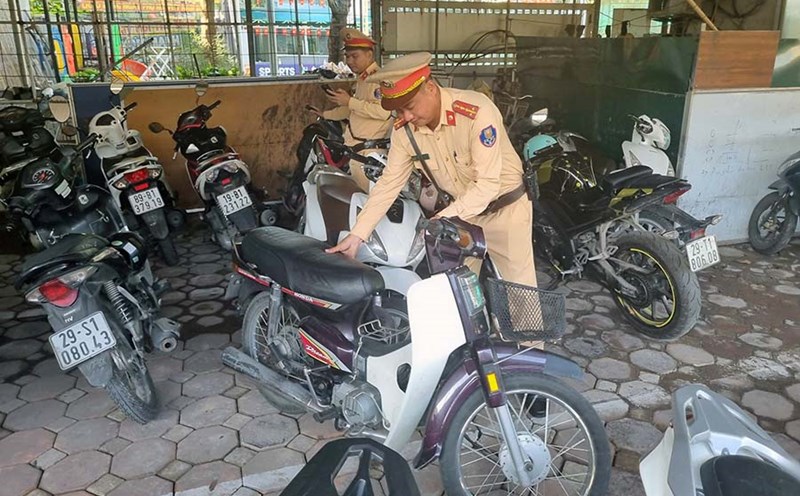In the press conference after the 0-3 loss to Manchester City last weekend, Ruben Amorim once again spoke frankly about Manchester United's difficulties. He did not avoid, even mention the stories surrounding the team.
Among the many negative stories at Old Trafford at the moment, the form of Patrick Dorgu's contract is one of the most prominent problems.
In the Manchester Derby, the Danish defender became the center of criticism. He had 12 touches in the opposition box, more than any other player on the pitch. Dorgu is also Man United's first player this season to achieve double-digit touches in the most dangerous area.
In theory, it is an impressive statistic. However, the reality was harsh when Dorgu did not make any difference. He only had one successful dribble, accompanied by inaccurate crosses. As Man City had held on to the victory and given up the game to M.U, Amorim's wing corridors still lacked sharpness in the final third of the field.

One of the weaknesses in Amorim's system in recent times is the wing-back position. With a 3-4-3 or 3-4-2-1 formation, the two wing-backs play an extremely important role. However, the paradox is that, instead of helping Man United exploit their strengths, this system exposes the weaknesses of players with limited quality.
Comparison to see the difference in the previous 2 seasons, Arsenal's Bukayo Saka was the player who fell into the most one-on-one situations in the Premier League. Last season, it was Liverpool's Mohamed Salah's turn. Both are top attacking stars and isolating them in the situation of facing the opponent's defender is a reasonable strategy.
At Man United at the moment, the person who has fallen into the most one-on-one situations is Patrick Dorgu. According to statistics, the 20-year-old star has had 21 wins this season, more than Bryan Mbeumo 18. and Diogo Dalot (16). The problem is that Dorgu is not the type of player who plays well as Salah or Saka.
For Ruben Amorim, the focus of the 3-4-3 formation must be on the wing-back but it is clear that Man United does not have a squad of players of sufficient quality to realize this idea.
In the match against Man City, Patrick Dorgu mainly worked on the left wing, often encroaching on the penalty area but the number of times he created clear opportunities was almost zero. There were no dangerous shots, no decisive passes and no breakthroughs.
That reflects a bigger picture as Amorim's system of three centre-backs and two wing-backs forces right wingers to attack strongly and defend firmly. However, the "Red Devils" only have mid-range wing-backs, not of class enough to shoulder this double responsibility.

Ruben Amorim is famous at Sporting Lisbon with a 3-defender formation, winning many titles and making a clear tactical mark. However, the Premier League is much harsher. The speed, intensity and quality of the opponent make ideas like Amorim easily fall apart without the right people.
Pep Guardiola's Man City, Mikel Arteta's Arsenal and Arne Slot's Liverpool all build a system around the best players, optimizing strengths and hiding weaknesses. On the contrary, Amorim's Man United are doing the opposite by exposing underrated players in key roles.
Patrick Dorgu is still very young and still developing, but the responsibility he is taking is too great. When the full-back is given a decisive role but is not capable of turning opportunities into goals, the system will collapse. Man United need more touches in the box, more 1 vs 1. They need efficiency, sharpness and most importantly, a system to maximize the qualities of real attacking stars like Mbeumo, Cunha or Sesko, not from a defender.











